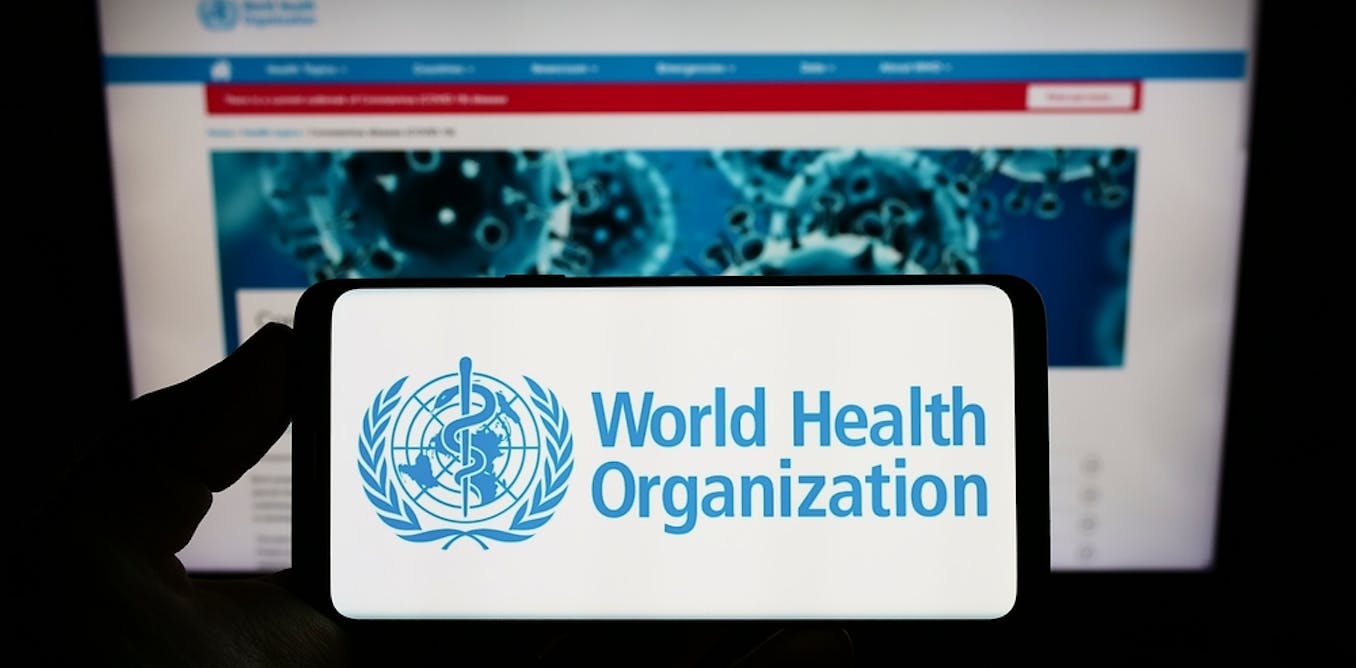US to Leave WHO


US Withdrawal from World Health Organization: A Step Backwards for Global Health
Donald Trump’s plan to withdraw the United States from the World Health Organization (WHO) has been met with dismay in the public health field. Some have called one of the US president’s first executive orders “a grave error” and “absolutely bad news.”
What does the WHO do?
The WHO is a United Nations agency that aims to expand universal health coverage, coordinates responses to health emergencies such as pandemics, and has a broad focus on healthy lives. It does not have the power to enforce health policy, but influences policy worldwide, especially in low-income countries.
The WHO plays an essential coordinating role in surveillance, response, and policy for infectious and non-infectious diseases. In fact, infectious diseases have the most pressing need for global coordination. Unlike non-communicable diseases, infections can spread rapidly from one country to another, just as COVID-19 spread to cause a pandemic.
Why does the US want to withdraw?
The reasons for withdrawing include: mishandling of the COVID-19 pandemic and other global health crises, its failure to adopt urgently needed reforms, and its inability to demonstrate independence from the inappropriate political influence of WHO member states.
The executive order also cites the disproportionately higher payments the US makes to the WHO compared to China. In 2024-25, the US contributed 22% of the organization’s mandatory funding from member states compared to about 15% for China.
President Trump initiated withdrawal from the WHO over similar concerns in 2020. But this was reversed by President Biden in 2021.
What happens next?
The withdrawal may take a year to come into effect and may need approval by the US Congress. How this will play out is unclear, but it seems likely the WHO will lose US funding.
A Chance for Reform
The Trump administration is not alone in its criticism of how the WHO handled COVID and other infectious disease outbreaks.
For example, the WHO agreed with Chinese authorities in early January 2020 there was no evidence the “mystery pneumonia” in Wuhan was contagious, while in reality it was likely already spreading for months. This was a costly mistake.
There was criticism over WHO’s delay in declaring the pandemic and stating COVID was not airborne (despite evidence otherwise). There was also criticism about its investigation into the origins of COVID, including conflicts of interest in the investigating team.
More Changes Needed
US public health expert Ashish Jha argues for reform at WHO. Jha, who is the dean of the Brown University School of Public Health and former White House COVID response coordinator, argues the organization has an unclear mission, too broad a remit, poor governance, and often prioritizes political sensitivities of member states.
He proposes the WHO should narrow its focus to fewer areas, with outbreak response key. This would allow reduced funding to be used more efficiently.
Rather than the US withdrawing from the WHO, Jha argues the US would be better to remain a member and leverage such reform.
Conclusion
The US withdrawal from the WHO is a step backward for global health. The organization plays a critical role in coordinating responses to health emergencies, and its loss of US funding will likely have significant consequences. Rather than withdrawal, the US should work to reform the WHO to better address global health challenges.
FAQs
Q: What are the reasons for the US withdrawing from the WHO?
A: The reasons include mishandling of the COVID-19 pandemic and other global health crises, failure to adopt urgently needed reforms, and inability to demonstrate independence from the inappropriate political influence of WHO member states.
Q: What are the consequences of the US withdrawing from the WHO?
A: The withdrawal may take a year to come into effect and may need approval by the US Congress. The WHO will likely lose US funding, which could have significant consequences for global health efforts.
Q: What are the benefits of remaining a member of the WHO?
A: Remaining a member of the WHO allows the US to leverage reforms and work together with other countries to address global health challenges.
Recent Posts
Put a finger down if TikTok has made you think you have ADHD
Write an article about Young adults love TikTok. In 2024, the app had nearly 2.5…
Ghee vs Butter: Which One Is Better for Your Health?
Differences Between Ghee and Butter What is Ghee? Ghee is a type of clarified butter…
Is Hitting on Someone at the Gym Always Creepy?
By now, most people know that hitting on someone at the gym with a cringy…
Cancer patients from migrant backgrounds have a 1 in 3 chance of something going wrong in their care
More than 7 million people in Australia were born overseas. Some 5.8 million people report…
2025 Mayhem Classic Invitational
Here is the rewritten article: The Bottom Line on the Mayhem Classic The first two…
Contrave vs. Wegovy: How Do They Compare for Weight Loss
Contrave vs. Wegovy: A Comparative Analysis Understanding Contrave Contrave helps with weight loss by reducing…


